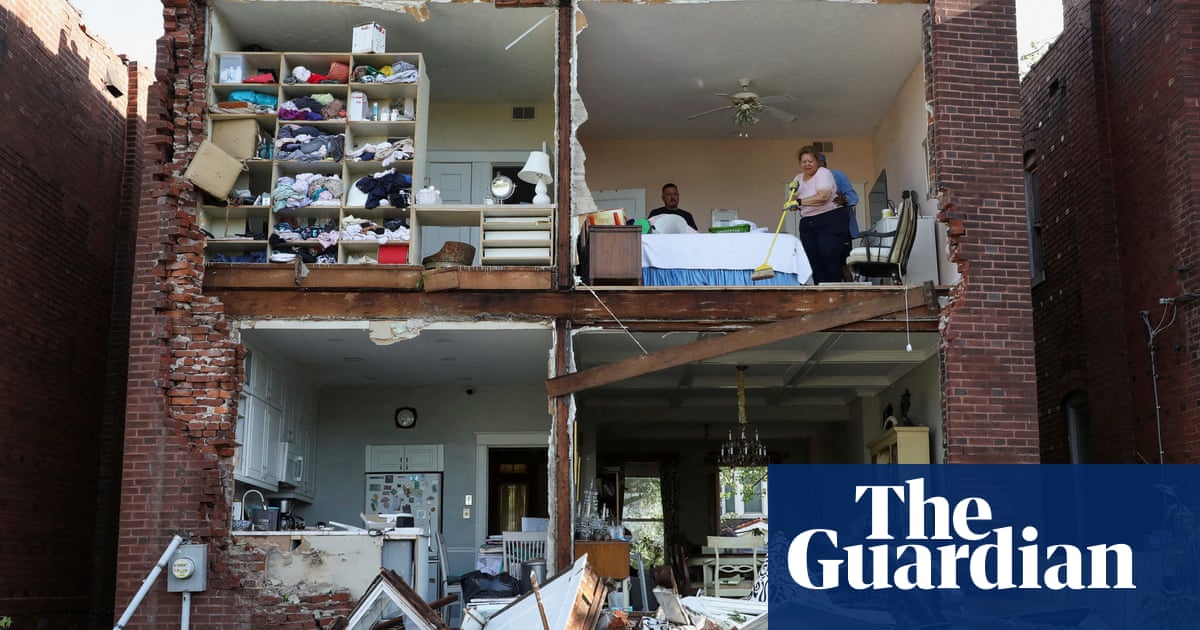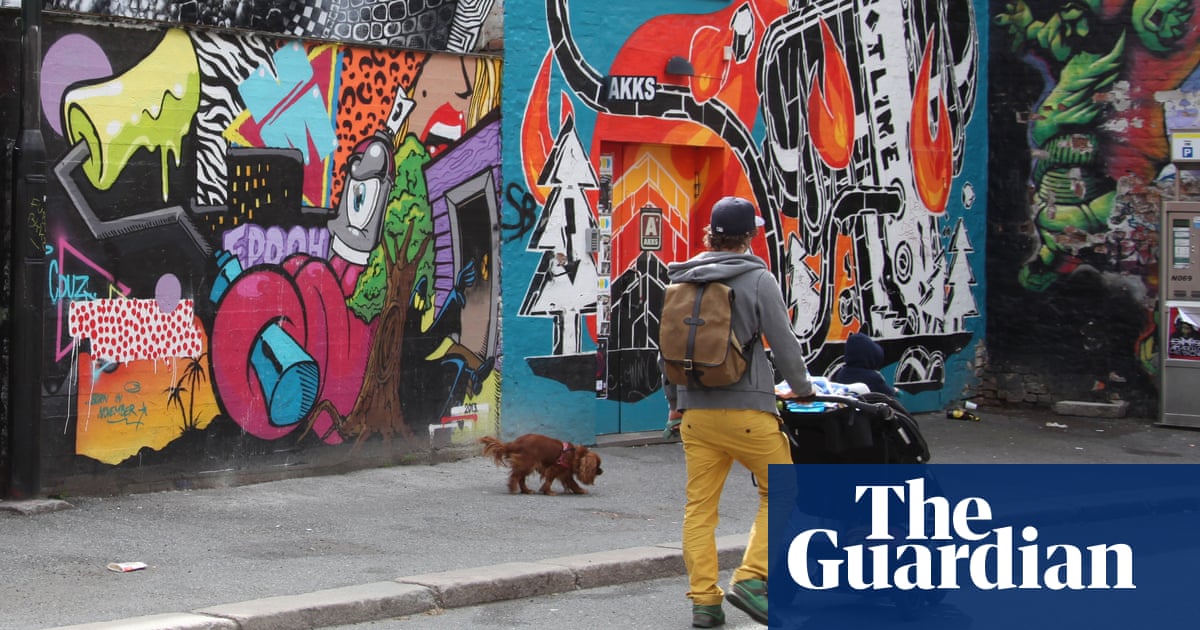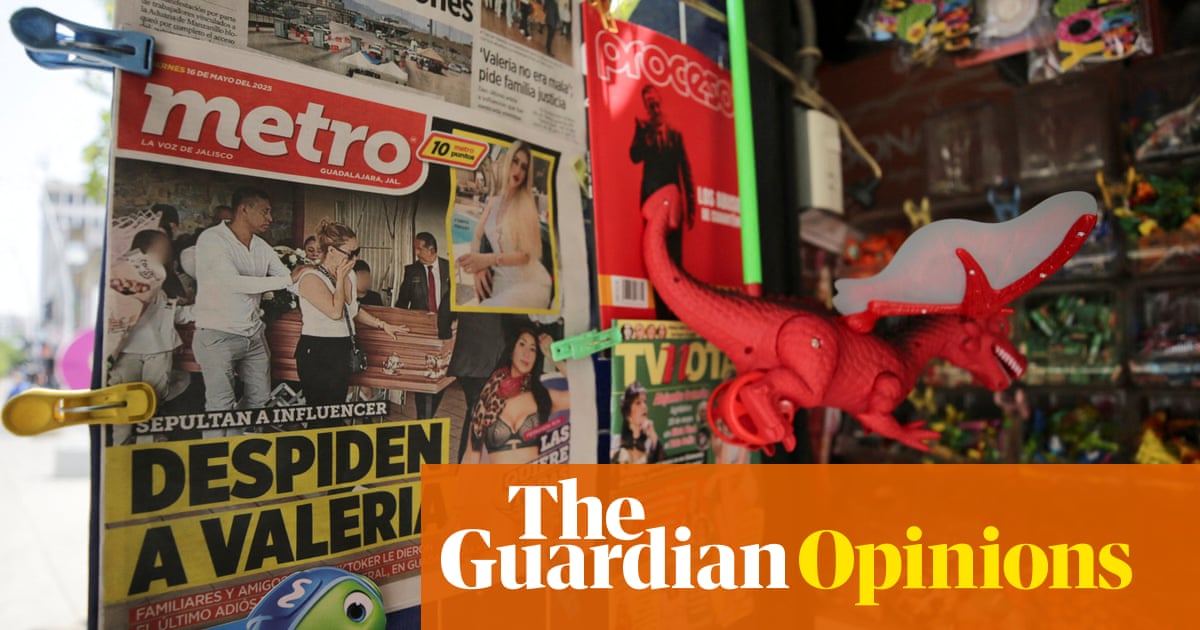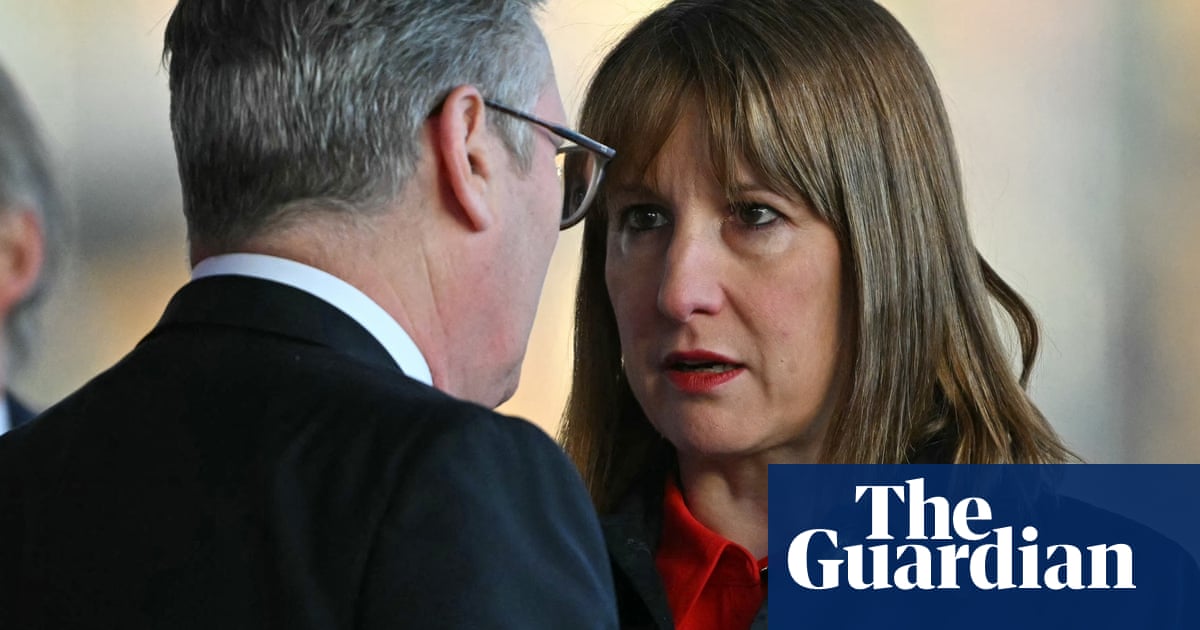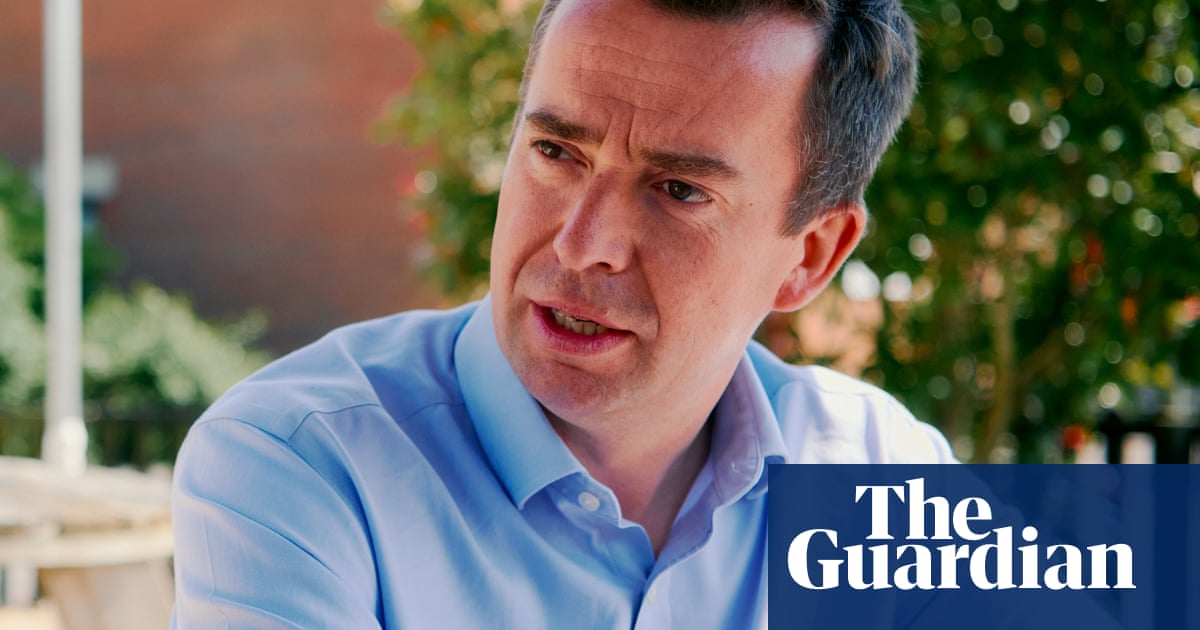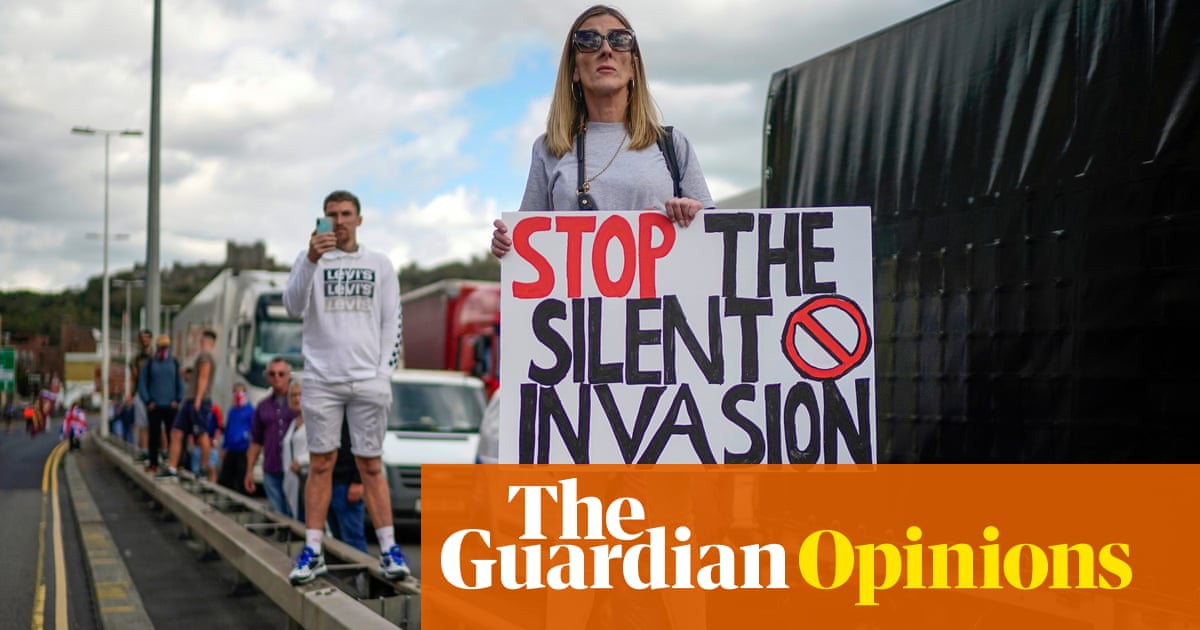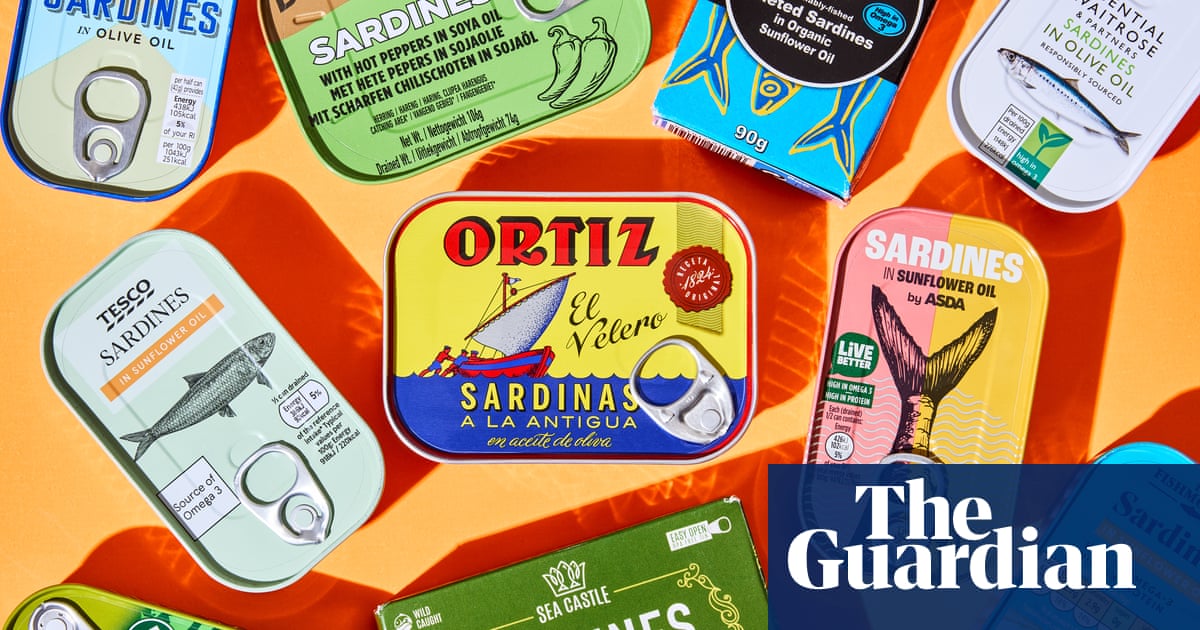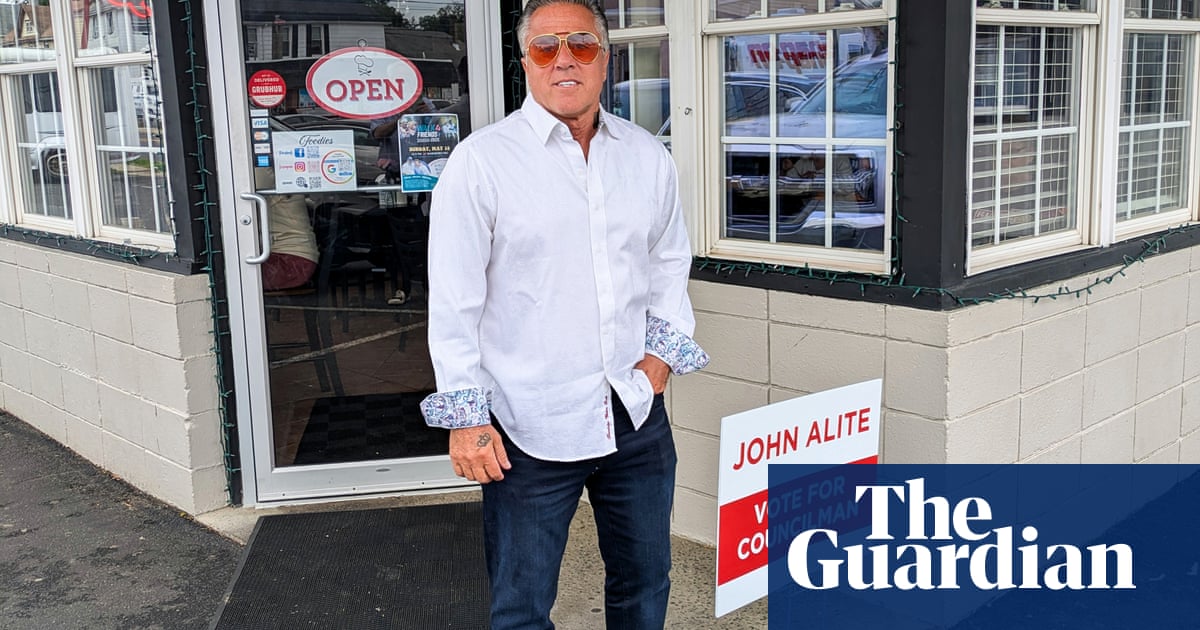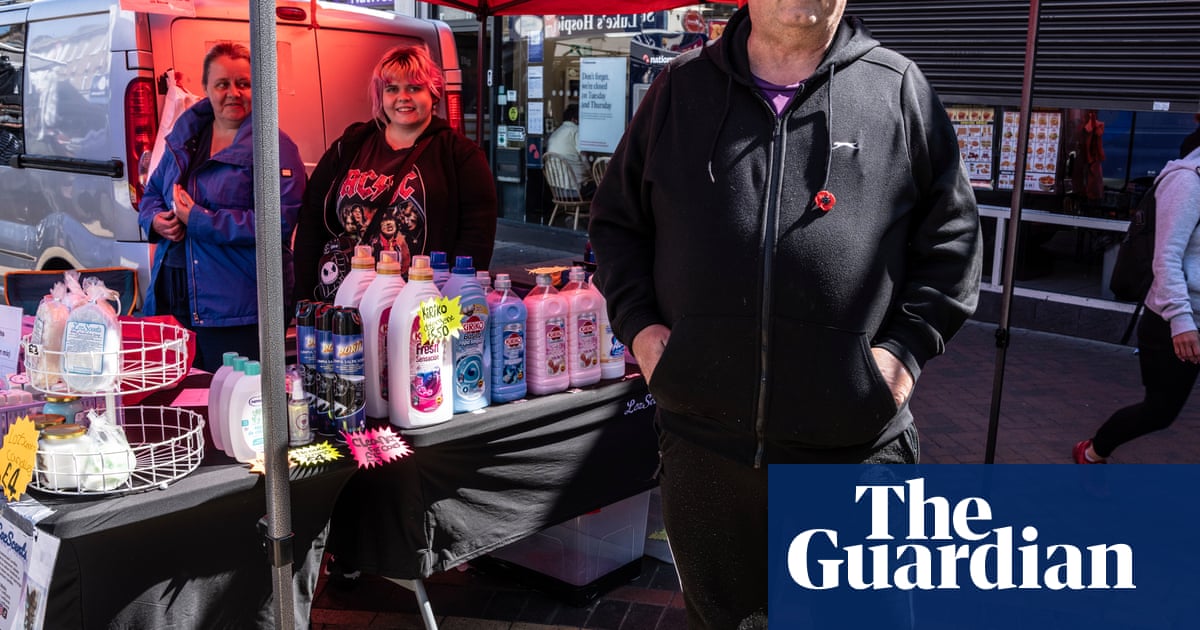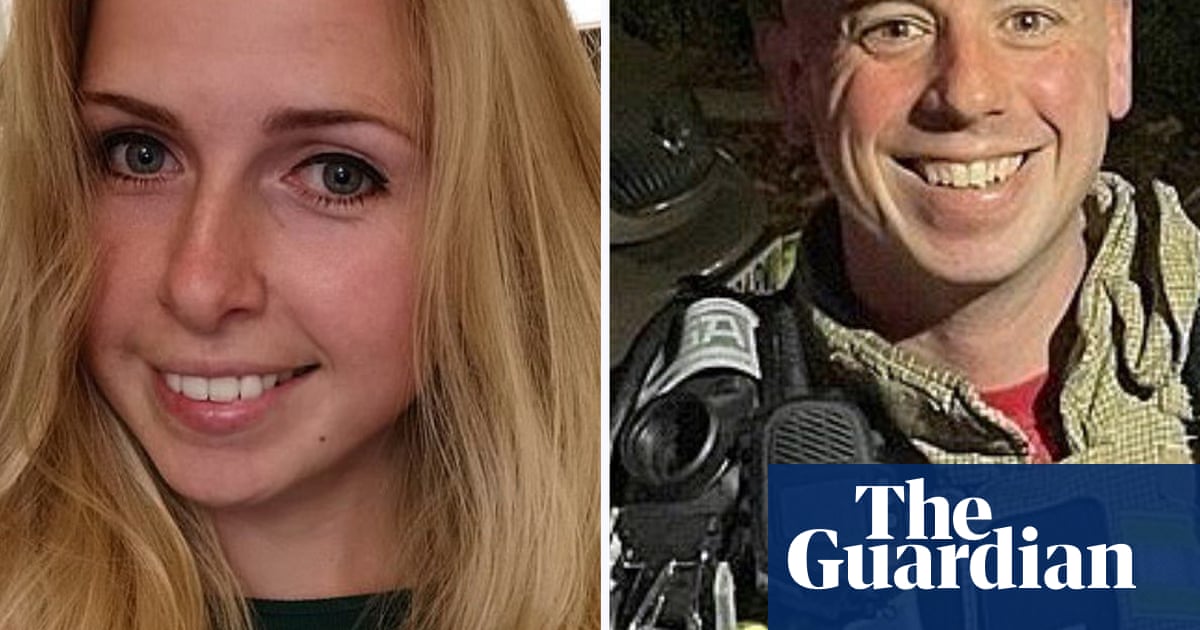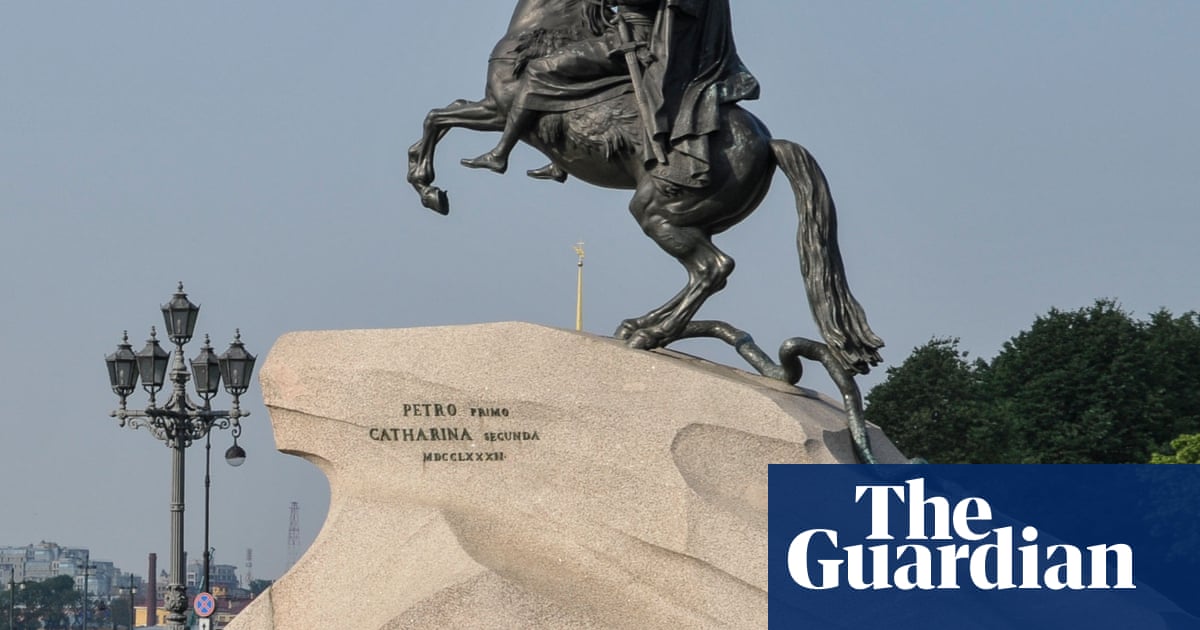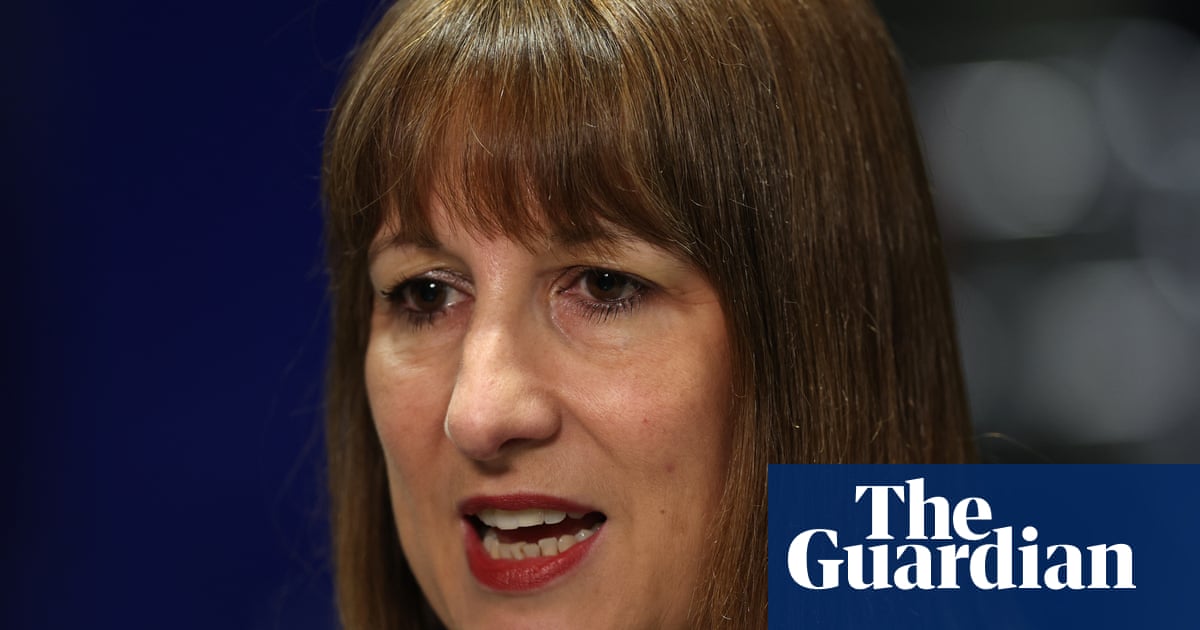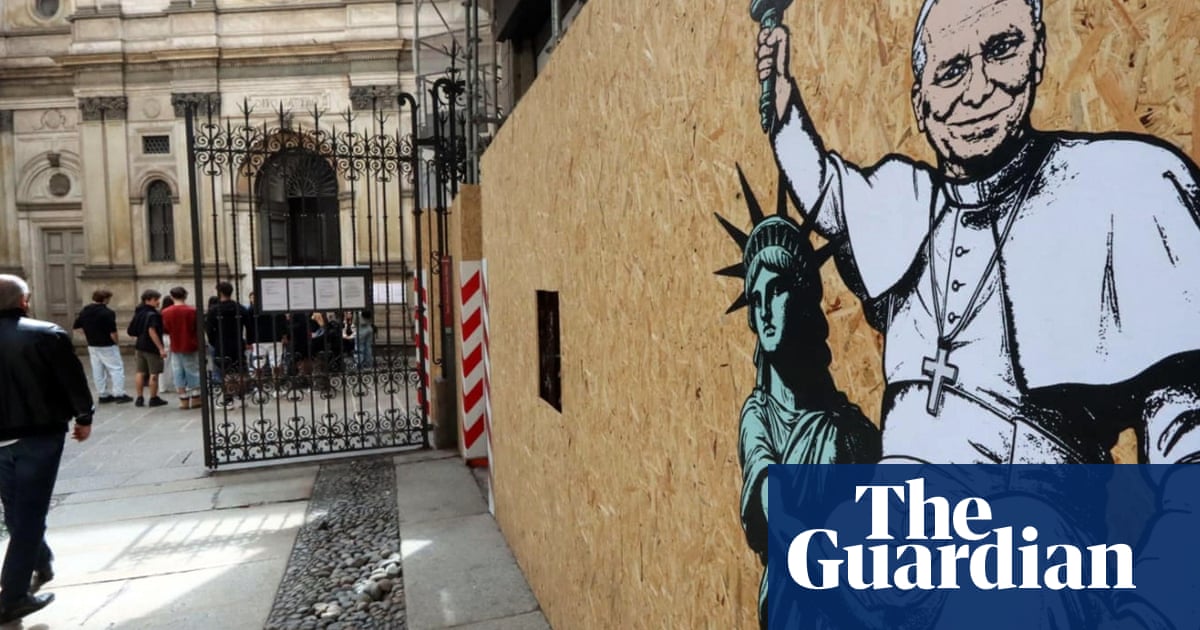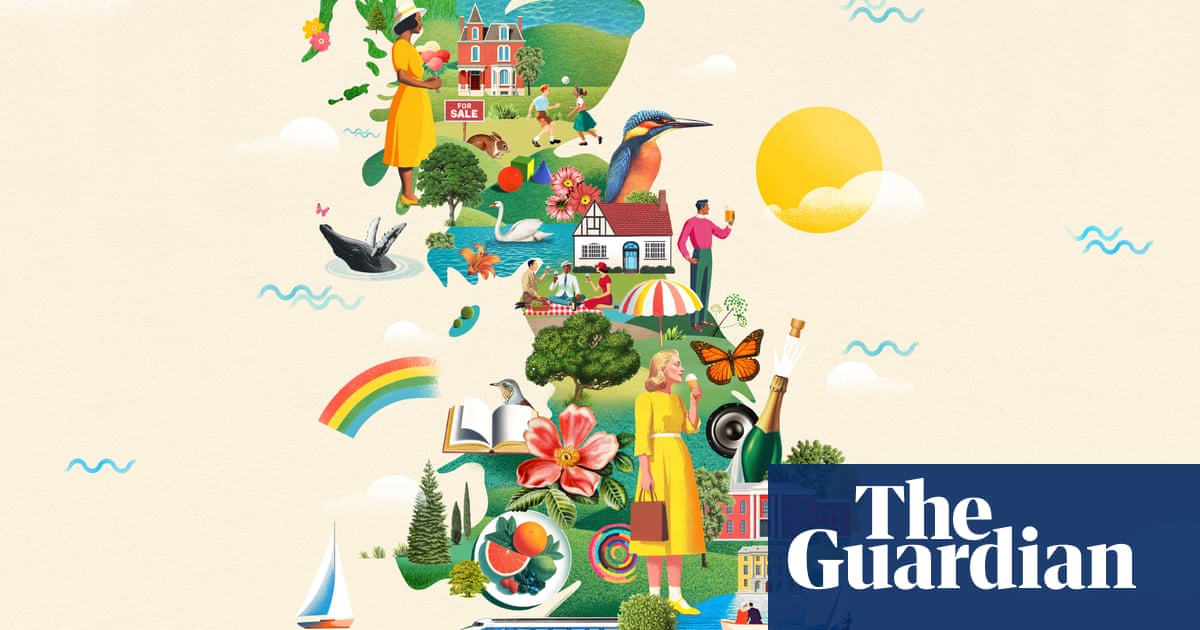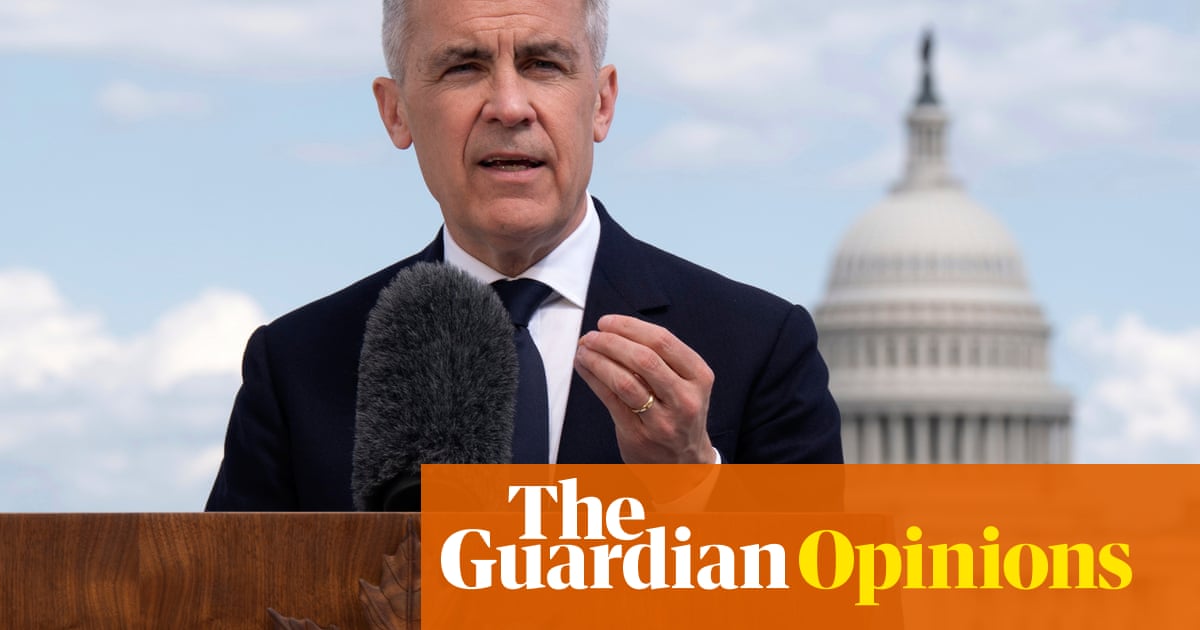It should surprise no one that the UK has dropped to its lowest ever position on the annual “rainbow map” of the International Lesbian, Gay, Bisexual, Trans, and Intersex Association (ILGA), which ranks the best and worst European countries on the basis of laws and policies that affect LGBTQ+ people. The map assesses each country through seven categories, including equality and non-discrimination, legal gender recognition and asylum.
The supreme court’s ruling last month that a person’s sex in the Equality Act 2010 refers only to “biological sex” – a redefining of trans people’s rights to their detriment, and a political and cultural victory for the gender critical movement – will have played a key role in the downgrading. Senior politicians immediately capitulated to the ruling, interpreting the implications of the verdict beyond the scope of the court, with the gay health secretary even renouncing his own support for the notion that “trans women are women”. Meanwhile, the Scottish government has dropped plans to legislate for a ban on conversion therapy during this parliamentary session. At this rate of progress the ranking will be even lower next year, as it should be.
While I despair at the UK’s decline on LGBTQ+ rights, I do not despair at the ranking. In 2015, the year I turned 18 and began to live as an openly gay man, the UK was ranked first on the rainbow map. Times were different then. There was a sense that the coalition and later Conservative government was on the side of LGBTQ+ people. Same-sex marriage had been legalised in 2013, David Cameron called for action to tackle transphobic bullying, and in 2017 Theresa May would announce reform to the gender recognition act to allow people to change gender without medical checks.
It is tempting to be wistful for those days, but I had always found there to be a grating smugness to Britain’s celebration of its supposed progressiveness. Even the entire basis of the rainbow map, first published in 2009, felt suspect; I’m sure that it is innocently intended to provide analysis of LGBTQ+ rights in Europe, but so often metrics like this have been mobilised to present western, European countries as bastions of progress where countries in Africa, the Caribbean and the Middle East represented a backwards order.
But that backwardness has always been present in the UK, including when we topped the rainbow map ranking. How could a country that had obliged LGBTQ+ asylum seekers to submit footage of “highly personal sexual activity” to back up asylum claims ever be held up as the pinnacle of European social progress (unless it was determined that some LGBTQ+ people counted more than others). Even with such practices from the Home Office, the UK scored positively on asylum in 2015.
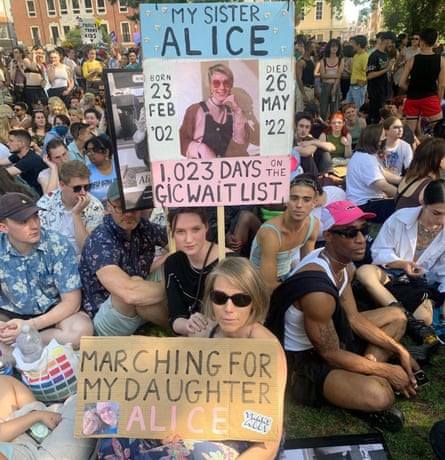
In any case, the pretence has now dropped. Labour pledged a “fully trans-inclusive ban” on conversion therapy in its 2024 manifesto. Starmer has not mentioned the issue once since the King’s speech. LGBTQ+ people are no longer politically expedient – and trans people attract too much hostility, division and controversy – so advocacy for our collective rights no longer seems to be a priority. This is a disaster, but it is also instructive for future strategy: those activists who believed that legislative wins can secure true equality or progress, and that social progressivism was the natural order of history, are now seeing the consequences of such a delusion.
One of the recommendations for how the UK can improve its standing in next year’s rainbow map is to “ensure timely and accessible trans healthcare, including addressing excessive waiting times and restoring access to puberty blockers for trans youth” – provision of which has been indefinitely banned following the Cass review of April 2024. Alice Litman, a 20-year-old transgender woman, died by suicide in 2022 after spending 1,023 days waiting for her first appointment with the now disbanded Gender Identity Development Service. I spoke to her sister, Kate, a university friend of mine, who, with her family, formed the Campaign for Alice. She told me that at Alice’s inquest it was heard that, if processes continued at the current rate, those entering the waiting list today would face a more than 20-year wait before their first appointment.
Such delays had made Alice’s life “intolerable”, but added to that was “the general atmosphere of hostility towards trans people and her anxiety and fear about participating in public life”. I have previously spoken with trans people who had come out and transitioned around the so-called transgender tipping point in the mid-2010s. Not all are convinced that they would do the same in the current political environment. As a lesbian woman, Kate feels further indignation that such regress has been presented as a “victory for lesbians”. She says “my identity is politicised and weaponised in a way that is antithetical to my beliefs.”
So what is the roadmap for progress now? For the Campaign for Alice, some level of political will is needed to effect the “simple changes” to trans healthcare, such as providing the funding and training to enable GPs to prescribe hormones that could prevent further tragedies. Such will has disappeared from senior politicians. That today’s government would enact May’s pledges to ease gender transition is unthinkable. Repealing the 2022 Nationality and Borders Act would facilitate LGBTQ+ asylum seekers to find safe residence with dignity, but Starmer’s recent rhetoric indicates that this problem will only worsen.
For now, what is most important is clarity over who is truly on the side of LGBTQ+ people and who or what we can rely on. Following the supreme court ruling, organisers of upcoming summer Pride events in London, Manchester, Birmingham and Brighton have banned political parties from participating. That feels like a welcome recognition of reality: solidarity is to be found within our communities, and not in the whims of politicians who seek to divide and exploit us.
-
Jason Okundaye is an assistant newsletter editor and writer at the Guardian. He edits The Long Wave newsletter and is the author of Revolutionary Acts: Love & Brotherhood in Black Gay Britain
-
Do you have an opinion on the issues raised in this article? If you would like to submit a response of up to 300 words by email to be considered for publication in our letters section, please click here.

.png) 4 hours ago
2
4 hours ago
2
